SUSTAIN Program
Building a Strong STEM Community for Students
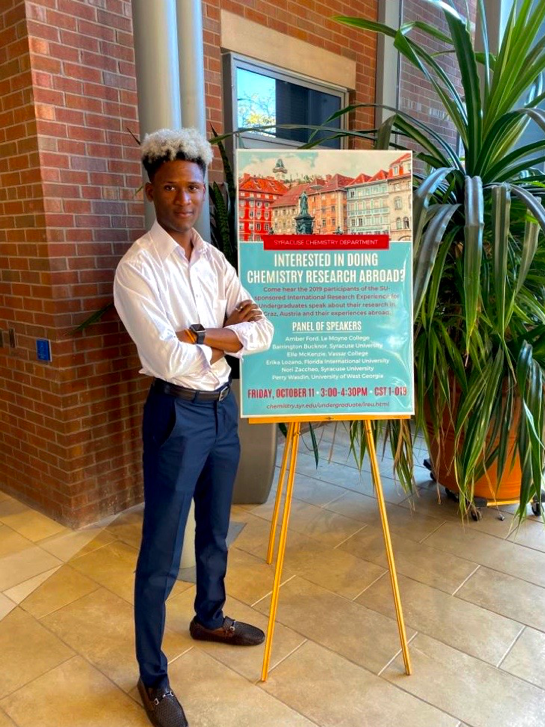
Starting college can be a little overwhelming. From finding dining centers to studying for the first test, there is a lot to take in. The rigor of university classes can be challenging for new students. But when there is a community of support behind them, students find it easier to persevere.
A signature program at A&S—SUSTAIN—has been building just such a community since 2017. SUSTAIN, the Strategic Undergraduate STEM Talent Acceleration Initiative, provides scholarship and academic support along with professional and social experiences centered around underrepresented students in science, technology, engineering or math (STEM). The first cohort of 30 SUSTAIN scholars is now preparing to graduate in May.
Nationwide, nearly 50% of STEM majors abandon their program of study before completion, according to the U.S. Education Department’s National Center for Education Statistics.
Syracuse University associate professor of STEM education and science teaching and SUSTAIN director John Tillotson says, “Research shows students often don't feel a connection to the STEM community. That’s a major contributor to students leaving those fields before graduation.”
SUSTAIN is changing that trajectory, with 75% of its students continuing as STEM majors.
As the first class of SUSTAIN scholars approaches graduation, they’ve had access to a range of tools along the way, including faculty mentoring and “early-immersion” lab research, which matches students with experienced STEM faculty; informal community-building activities to foster a sense of connectedness and support; career development; and peer mentoring.
What has SUSTAIN meant to you?
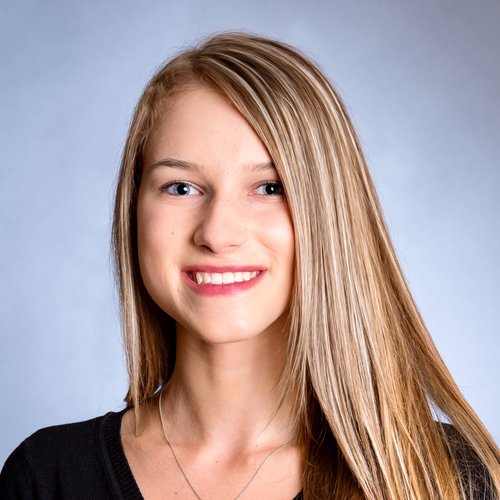
Biochemistry major Amra Mujcic ’20 says, “I learned how to read research papers and write scientific papers. I led lab meetings and gained important speaking skills. All this before I took upper level lab courses.”
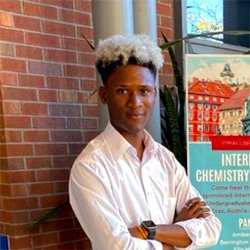
Biochemistry and neuroscience major Barrington Bucknor ’21 says, “With SUSTAIN, I am able to actively work in a research lab. Being in an atmosphere with other scientists has reinforced my decision to be a STEM major.”
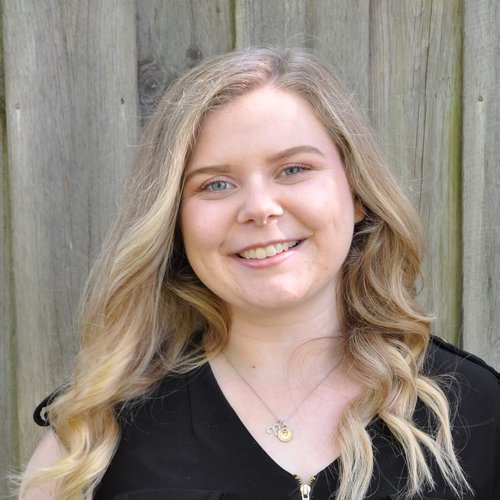
Biochemistry, neuroscience and psychology major Brianna Rheaume ’21 says, “The program is more than a scholarship. It’s a community who supports one another in every way possible. Each of us has been able to learn and advance by working together.”
Mentoring and immersion research are effective ways for students in their first or second years to connect with their STEM departments—something many students ordinarily don’t experience until their third or fourth years.
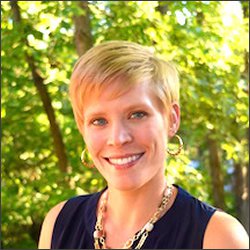
Katie Becklin, assistant professor of biology, says SUSTAIN contributes to a student’s transformation. “Many students are unsure of their role when they first start working in a lab. One of my favorite parts of mentoring students is watching the light bulb turn on as they become more confident in their research skills.”
Funded by a grant from the National Science Foundation (NSF), SUSTAIN currently focuses on chemistry and the life sciences. Program leaders plan to pursue permanent funding and expand into physics and the Earth sciences.
To learn more about the SUSTAIN community, contact John Tillotson.
Featured
John Tillotson Associate Professor and Director of SUSTAIN Program: Undergraduate STEM Education & Discipline-Based Education Research
